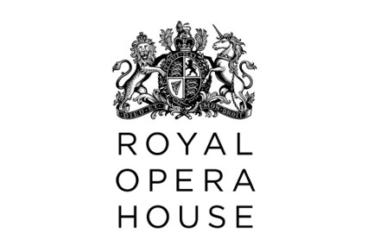The music director of the Royal Opera House saw his income soar to £737,424 last year, while the charity has reported a record income for the second year running, according to the charity’s latest set of accounts.
Sir Antonio Pappano’s salary rose by just under £200,000 – up from £539,323 the previous year - the accounts for the year ending 30 August 2015 show.
Much of his income was due to “separately contracted fees” for conducting and directing. A statement by the charity said Pappano’s total fees vary from season to season depending on the number of Royal Opera House engagements undertaken.
The Italian-born director has held his post since 2002 and conducted a repertoire spanning from Mozart, Verdi Britten and the works for The Royal Ballet.
A spokesman for the Royal Opera House told Civil Society News that while Pappano’s basic salary remained the same level – at £101,186 – his fees for the year increased because he “conducted more performances than in the previous year”.
The charity saw record income levels last year – with an income growth of just over £14m to £141.6m.
Much of the extra income came from “donations, gifts and legacies” which increased to £28.3m , according to the annual accounts.
It also maintained much of its funding from Arts Council England (ACE), despite heavy ACE funding cuts within the charity sector over the past few years.
The Royal Opera House received a total of £28.5m of restricted and unrestricted funds last year – just £500,000 less than the previous year when it received just under £29m.
ROH chair, Simon Robey, described last year as a “break even financial turnout”.
“We live in a tough environment,” he said in the report’s introduction. “Public investment, via Arts Council England (ACE), provides the foundation for excellence on which our international reputation is built."
Robey thanked ACE for enabling the charity to continue its “access and opportunity initiatives”, such as affordable ticket pricing, digital distribution and learning activities.
“Through detailed planning, rigorous examination of spending and procurement and an ambitious approach to developing other income streams, we have managed to steer a prudent course ahead despite significant reductions in public spending in recent years,” Robey said.
“The introduction of the new Theatre Tax Credit enabled us to sustain an increase in the amount of new work that we create, make important investments in our artistic programme and develop longer term plans for our stages with confidence despite the difficult economic climate.”
Alex Beard, Chief Executive. Chief executive of ROH echoed Robey’s comments on the “challenging economic climate”.
“Our mixed funding model has been vital in sustaining our operations,” he said.
“With careful management, we have been able to mitigate the impact of public spending cuts but, at 20 per cent of total income, we remain mindful of the critical role of core ACE funding in underpinning all our achievements.”
Expenditure at the charity was £124.5m - slightly more than the previous year when it spent £123.8m.









